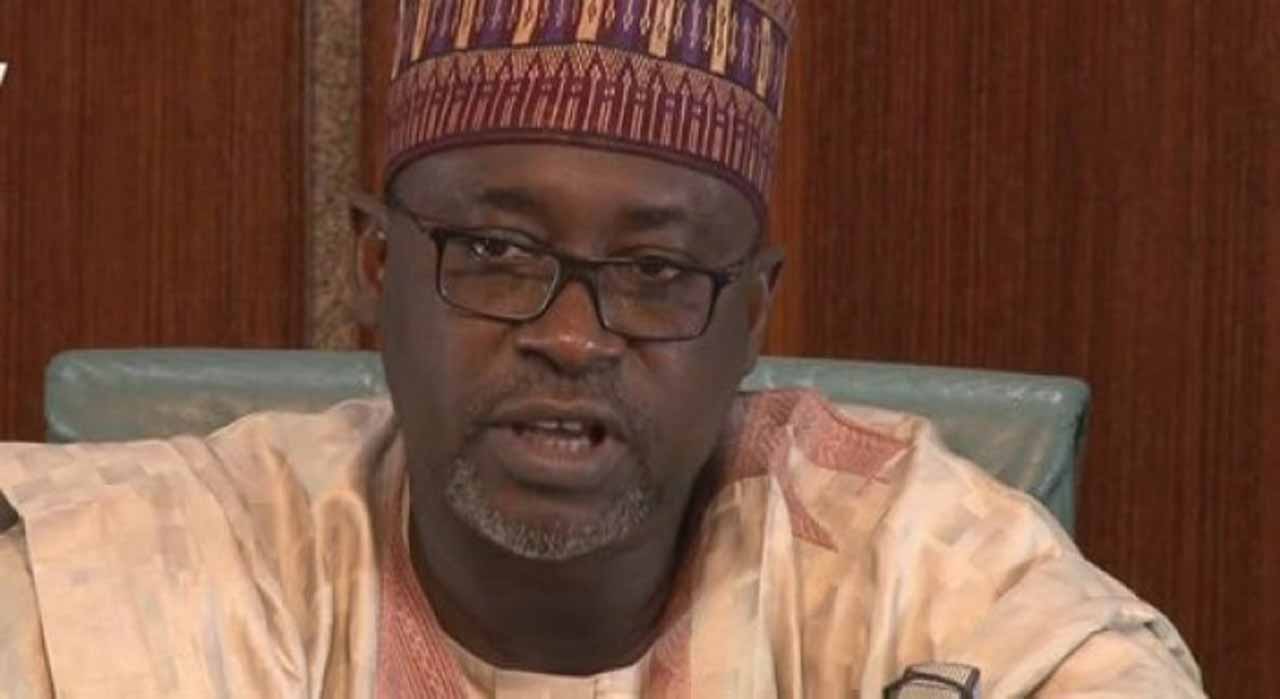
More than 26 years after it was developed, the implementation of National Water Resources Master Plan has been poor due to lack of political will and weak implementation structure.
Minister of Water Resources, Suleiman Adamu, stated, yesterday, in Enugu, that the water plan developed in 1995 between Nigeria and Japan had also suffered from poor budgetary provision and appropriations, weak synergy between stakeholders and lack of understanding of the expected roles of the various stakeholders.
He identified other challenges of the plan to include: increased population growth, leading to increase in water demand; uncoordinated water resources development among the three tiers of government, development partners and end users; over abstraction of groundwater resources in some parts of Nigeria owing to uneven distribution of rainfall across the country; and impact of climate change.
The Ministry, in collaboration with Japan International Cooperation Agency (JICA), in 1995, developed the National Water Resources Master Plan.
It was the first comprehensive development plan aimed at optimising the nation’s water resources, as well as financial and economic investment opportunities in water resources development and management, agricultural production and food security.
It was reviewed in 2013 with the support of the Japanese government to a more integrated and sustainable approach for the growth and management of the nation’s water resources.
Adamu told a sensitisation workshop of stakeholders in the water sector, drawn from South East and South South zones, that there was need for continuous engagement on the plan with a view to making water available to Nigerians at all times.
He identified some of the critical issues highlighted in the revised Master Plan to include: projection of future water demand, projected population of 154.4 million in 2010 to 257.8m in 2030. He added that it would include domestic, commercial and industrial water challenges.
“It is important to state that the overall water sector development is being guided by the National Water Resources Master Plan and its implementation must be in partnership with states, local councils, line ministries as well as the private sector, amongst others,” he said.



